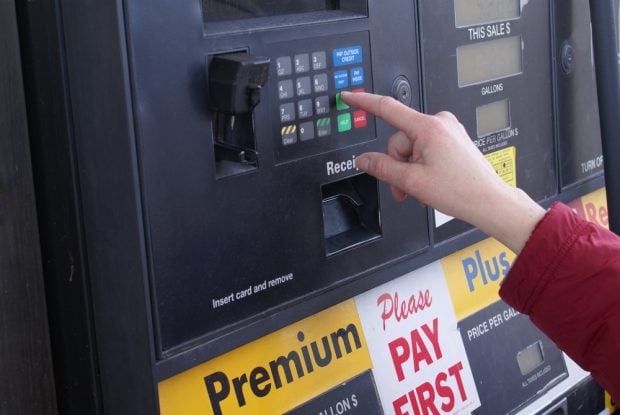 Source: Shutterstock.
Source: Shutterstock.
Visa's EMV liability shift is still happening for gas stations on Oct. 1, 2020, which could curtail fraud losses for credit unions and other card issuers that have issued EMV cards to members.
According to the National Association of Convenience Stores (NACS), the card network has denied the trade group's recent request to delay the October deadline until after the coronavirus crisis has passed. That liability shift will move the responsibility for in-store card fraud from card networks to merchants and card issuers if they have not adopted EMV technology.
Recommended For You
NACS made the plea for a deadline delay in a March 23 letter, which was cosigned by the Merchant Advisory Group, the Petroleum Marketers Association of America, the National Association of Truck Stop Operators and the Society of Independent Gasoline Marketers of America.
"In its denial of the request, Visa stated that it is monitoring the situation and believes that it is too soon to determine if a delay of the liability shift is needed. NACS would argue otherwise as the deadline is less than six months away and retailers are facing millions in potential fraud losses," the NACS said in a statement.
NACS Director of Government Relations Anna Ready Blom said retailers are already experiencing equipment delays, increased lead times, and lack of vendor and technician availability. Many vendors and technicians can't physically visit sites due to social distancing policies, travel restrictions and "stay-at-home" orders.
The letters also indicated that "a leading certified technician" that supports a major equipment provider was sheltering in place and could not perform initial site surveys required to start the EMV-migration process. In addition, hardware installation companies were operating with limited crews, and quality assurance and certification testing were limited, they said.
"The uncertainty surrounding this crisis and facing American businesses is unprecedented. While Visa wants to monitor the situation, our convenience store retailers are in the middle of it trying to care for their employees and customers," Blom added. "They are unable to meet the October 1 deadline under these circumstances, and we hope Visa will reassess their decision."
The trade groups made the same request to Discover, American Express and Mastercard, according to letters posted on the NACS website. As of April 7, those card networks had not responded, the trade group said.
EMV liability shifts go back to 2015, when card networks began transferring the cost of in-store card fraud to card issuers and merchants that have not adopted EMV technology. In 2017, a liability shift occurred at ATMs, and a liability shift was supposed to occur at fuel dispensers that same year. However, the deadline for fuel dispensers was pushed to October 2020.
About 63% of card-present transactions in the United States were EMV chip transactions, and more than a billion EMV chip cards had been deployed, according to the most recent data available from EMVCo, a card-processor consortium tasked with managing and evolving EMV specifications and testing processes.
© 2025 ALM Global, LLC, All Rights Reserved. Request academic re-use from www.copyright.com. All other uses, submit a request to [email protected]. For more information visit Asset & Logo Licensing.







